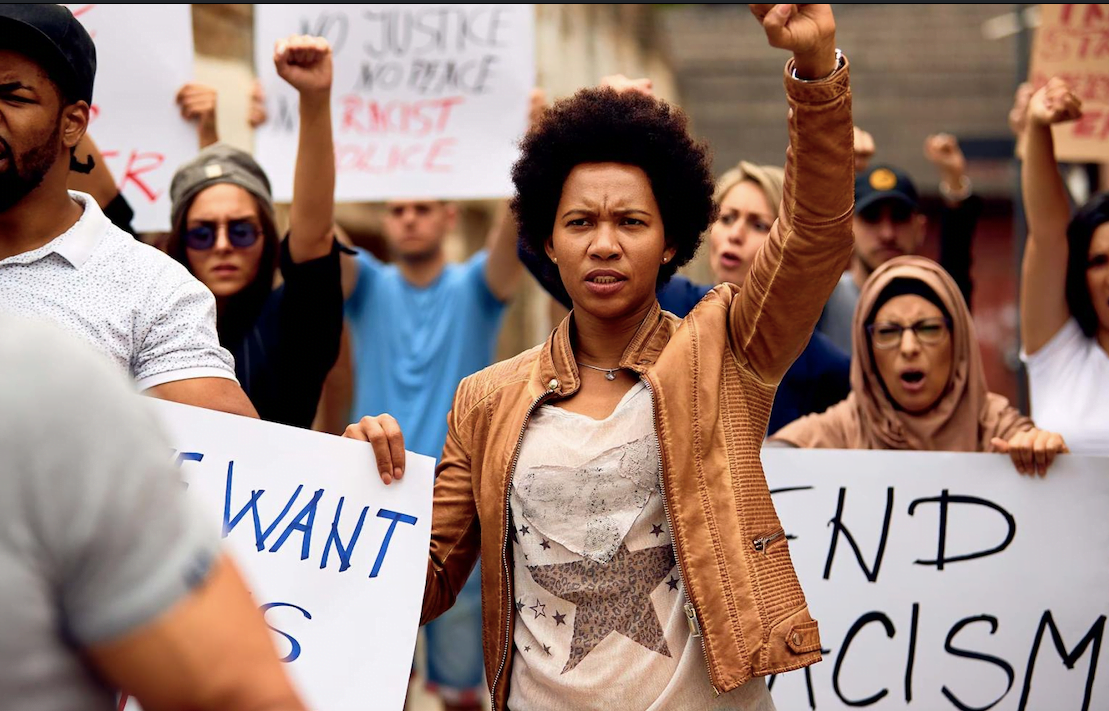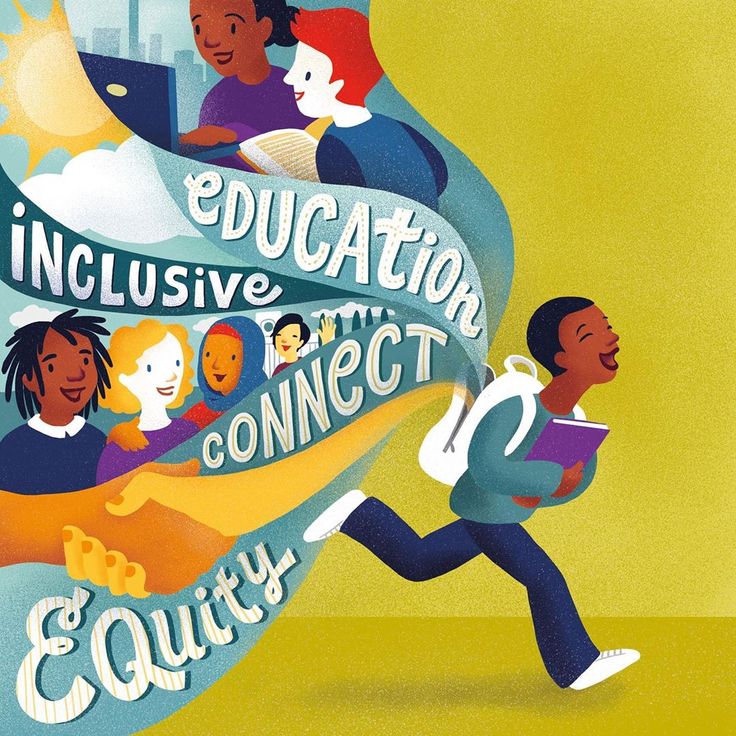Hate crimes are criminal acts motivated by bias, prejudice, or hatred towards individuals or groups based on their race, ethnicity, nationality, religion, gender, sexual orientation, disability, or other identity characteristics. These crimes are not just attacks on the individual victims but also on the communities they represent, intending to instill fear, division, and intimidation.
Hate crimes can manifest in various forms, including physical violence, threats, harassment, vandalism, and online abuse. The digital world has amplified the reach and impact of hate crimes, enabling perpetrators to target individuals and communities across geographical boundaries with relative anonymity and ease.
The Rise of Online Hate Crimes:
The internet has become a powerful tool for communication, connection, and expression, but it has also become a breeding ground for hate speech, cyberbullying, and other forms of online hate crimes. The proliferation of social media platforms, forums, and messaging apps has created spaces where hate can spread rapidly and virally, reaching large audiences with minimal effort.
Online hate crimes can take many forms, including:
Hate Speech: Derogatory or demeaning language directed at individuals or groups based on their identity. This can include slurs, insults, and other forms of verbal abuse intended to demean or marginalize.
Cyberbullying: Repeated and intentional harassment or intimidation of individuals through digital channels, often targeting personal attributes or identity markers.
Doxxing: The malicious act of publishing private or personal information about an individual without their consent, often with the intent to harm or harass.
Incitement to Violence: Online content that encourages or incites violence against individuals or groups, often under the guise of political or ideological rhetoric.
Hate-Fueled Misinformation: The deliberate spread of false or misleading information to sow discord and amplify prejudice against targeted groups.
The Impact of Online Hate Crimes
The impact of online hate crimes can be devastating, both for individuals and communities. Victims often experience emotional distress, anxiety, and a diminished sense of safety and belonging. The pervasive nature of the internet means that harmful content can persist indefinitely, exacerbating the trauma experienced by victims.
Communities targeted by hate crimes may feel marginalized, leading to increased social tension and division. Furthermore, the normalization of hate speech and discriminatory behavior online can contribute to a culture of intolerance and prejudice in society.
Challenges in Combating Online Hate Crimes
Addressing online hate crimes presents several challenges:
- Anonymity: The anonymity provided by the internet can embolden perpetrators, making it difficult to identify and hold them accountable for their actions.
- Jurisdictional Issues: The global nature of the internet means that hate crimes often cross national boundaries, complicating legal responses and enforcement.
- Balancing Free Speech and Safety: Ensuring a balance between protecting free expression and preventing harm is a complex legal and ethical challenge.
- Rapidly Evolving Technology: The constant evolution of digital platforms and communication tools requires adaptable and innovative approaches to detection and prevention.
Our Mission: Creating Safer Digital Spaces
As an organization dedicated to combating online crimes, we are committed to creating safer digital spaces through a multifaceted approach:
- Awareness and Education: Promoting awareness and understanding of online hate crimes through educational campaigns and resources for individuals, communities, and policymakers.
- Advocacy and Policy Development: Working with governments, tech companies, and civil society to develop policies and regulations that effectively address online hate crimes while respecting fundamental rights.
- Support for Victims: Providing support, resources, and assistance to victims of online hate crimes to help them cope with the psychological and emotional impacts.
- Collaboration and Research: Collaborating with academic institutions, industry leaders, and other organizations to research and develop innovative solutions for detecting and preventing online hate crimes.
- Technology and Innovation: Leveraging technology to develop tools and platforms that can identify, track, and mitigate online hate crimes, ensuring a safer digital environment for all users.
Conclusion
In the fight against online hate crimes, collective action is crucial. By working together, we can create a digital world where diversity is celebrated, and all individuals can interact free from fear and prejudice. Our organization remains committed to this mission, striving to foster understanding, promote justice, and build a safer, more inclusive internet for everyone.









